Pubgoers increasingly complain a pint of beer is costing the earth. And they’re right, but in more ways than one.
While newspaper headlines shout about outrageous £8 pints down the boozer, many brewers worry over the environmental toll of their product. For one thing, brewing is generally carbon positive, with fermentation releasing tonnes of carbon dioxide into the atmosphere – ironic, given brewers must buy in CO2 for everything from packaging to carbonation.
A typical pint of lager produces at least 350g of CO2, while the kinds of IPAs the craft sector is known for generate 500g of CO2 equivalent (CO2e). That’s according to south London’s Gipsy Hill Brewery, which is hoping to cut its carbon footprint, particularly with its two latest beers.
Through a mix of barley grown on regenerative farms and ‘recaptured’ hops taken from previous beer batches, Swell Lager and Trail Pail’s carbon impact is –40g CO2e and –30g CO2e respectively.
Creating a food and drink sustainability blueprint
The offset-free, carbon negative beers are a world first, Gipsy Hill says, with each pint removing more greenhouse gas from the atmosphere than it creates and without the need for planting trees.
It’s the result of regenerative farming practices promoted by Wildfarmed. The group advises British farmers on methods such as intercropping (growing multiple crops in the same field), cover cropping (planting to protect the soil rather than for harvesting), and reduced tillage (less land preparation between crops).
Barley made through these processes can sequester more carbon in the soil than is released into the atmosphere. And Gipsy Hill argues the recaptured hops produce no extra carbon, since they would normally be thrown away after a single brewing process.
The brewery’s co-founder Sam McMeekin calls it “a blueprint not just for a sustainable beer range, but the wider food and drink industry”.
While offset schemes have proven popular among food and drink makers – not least BrewDog, which has recently planted 500,000 trees as part of its Lost Forest project – critics argue it is displacement activity for genuine improvements to supply chain sustainability.
A ban on the terms ‘carbon neutral’ and ‘net zero’
The Advertising Standards Authority is sufficiently worried about consumer confusion over what offset schemes entail that it has banned the terms ‘carbon neutral’ and ‘net zero’ from ads unless companies can back up such claims.
To be fair to brewers, plenty is being done to make the industry’s supply chains greener. Last December Heineken joined a £2m investment round for Toast Ale, which uses surplus bread in its brewing. The multinational is hoping to hit net zero carbon emissions in production by 2030.
And while BrewDog has faced criticism over the slow progress of Lost Forest, it’s worked to cut its gas, electric and water consumption. It has also created a bio-energy facility at its Ellon site, and is transitioning to a fleet of solely electric vehicles.
Looking over to the US, smaller craft breweries are implementing Nasa technology to capture carbon from fermentation. Having pioneered new flavours and styles in beer, it looks like craft breweries are leading the way on making a pint earth-friendly.







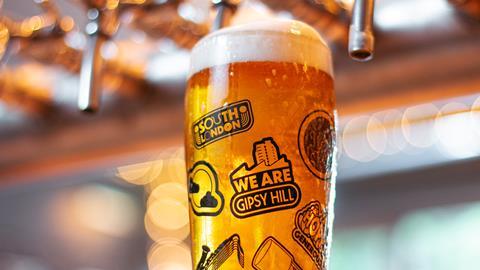
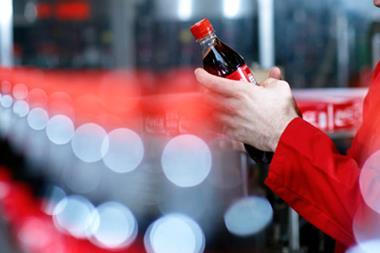

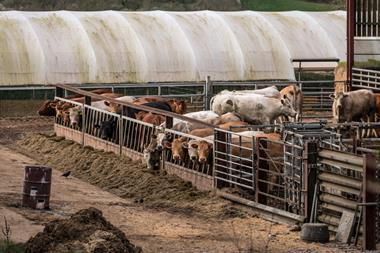

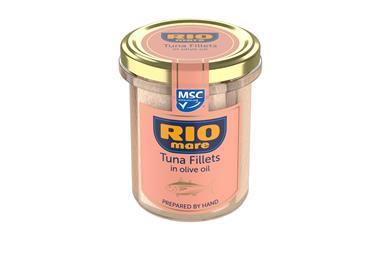
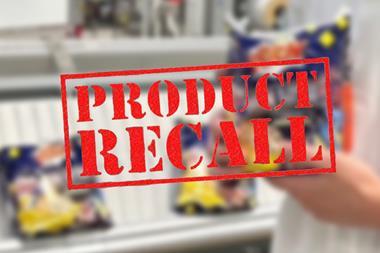
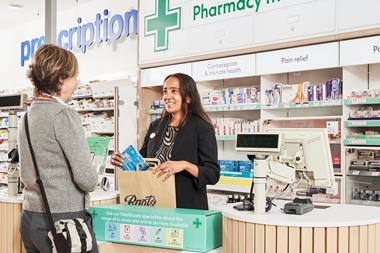
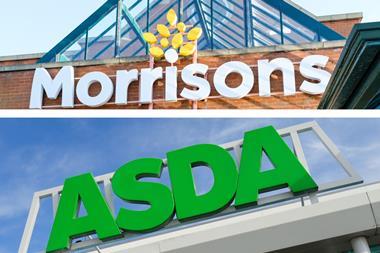




No comments yet